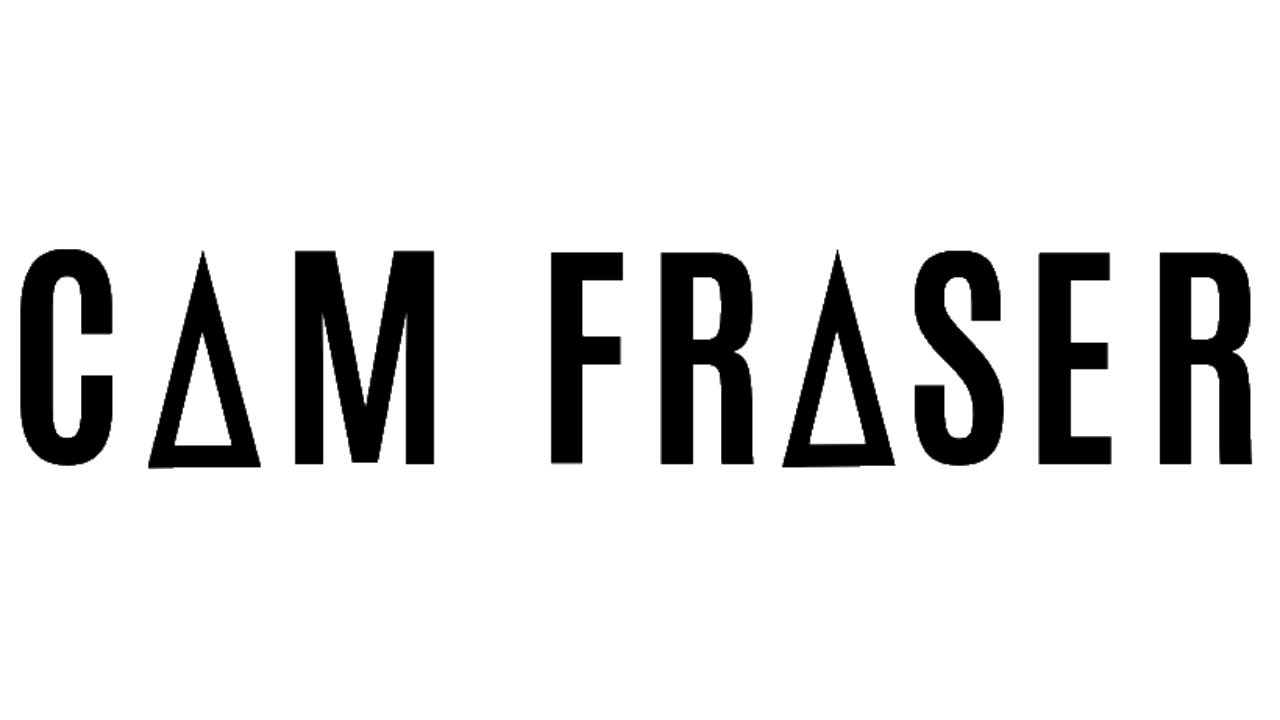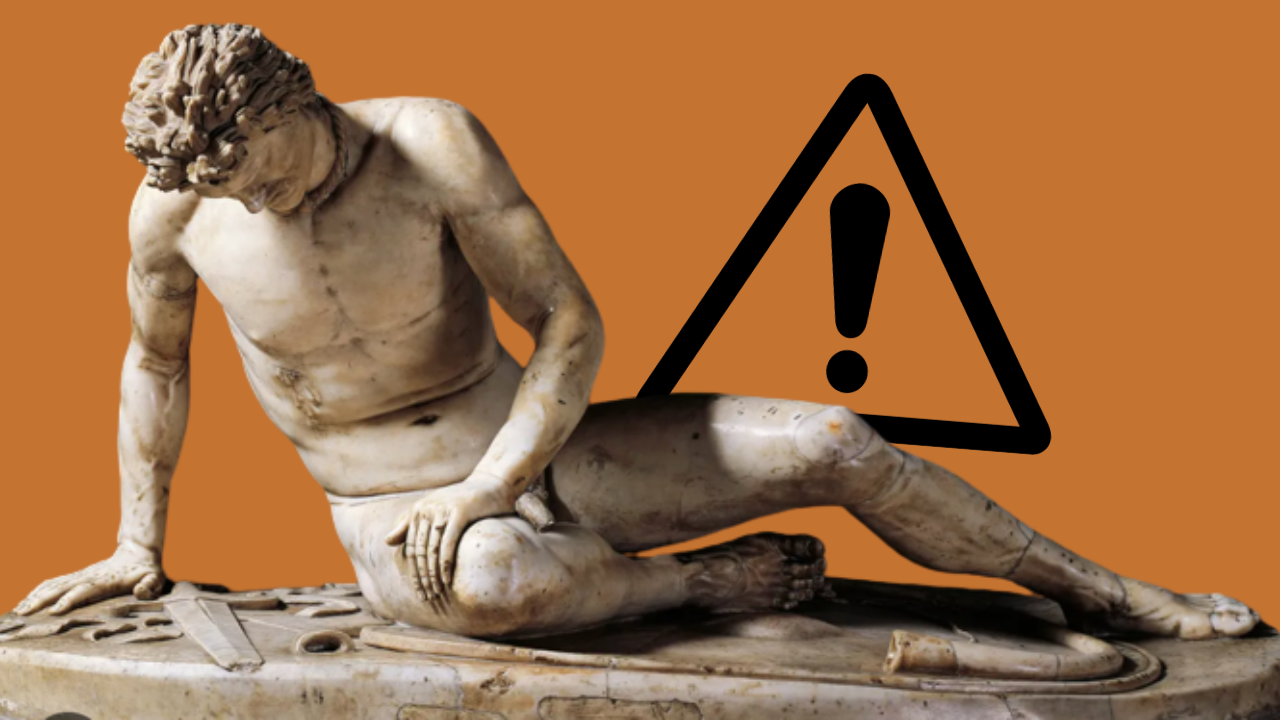Pay any attention to the current "culture war," and you'll notice rhetoric about the supposed lack of masculinity of modern men:

This rhetoric isn't new. Commentators have been making claims about the current generation of men and their "effeminacy" for literally one thousand years.
In his Historia Ecclesiastic, written around 1122, English chronicler and Benedictine monk Orderic Vitalis critiqued the court of William II, King of England from 1087 until his death in 1100. "They parted their hair from the crown of the head on each side of the forehead, and their locks grew long like women... Our wanton youths are sunk in effeminacy" (quoted in Henry Adams' 1913 book, Mont-Saint-Michel and Char).
Writing for Oxford Bibliographies Renaissance and Reformation (2012), literature professor Gerry Milligan notes, "Proscriptive and prescriptive literature formed a discourse of ideal fathers, priests, courtiers, and warriors... [causing] a gender anxiety that has received much scholarly attention. Furthermore, masculinity in the Renaissance was frequently discussed in contrast to its negative effect, effeminacy. For example, the development of the civilized man, tempering emotion and demonstrating politeness, was also at risk of being condemned as effeminate. In this case, men would have been slandered for their concern with decorum rather than action."
In his 1612 book, The Curtaine-Drawer of the World, William Parkes bemoans, "...how are our men (as it were) transformed into women, by their lascivious, effeminate, and wanton imitations, none being content with their own estates and conditions."
After Great Britain's set-backs during the Seven Years' War against France, John Brown wrote in his 1757 book, Estimate of the Manners and Principles of the Times, the navy was reduced to “the School of Avarice, to the Ends of Effeminacy,” and the army the “School, not of Honour, but of Effeminacy.”
In his 1843 book, Manhood; The Causes Of Its Premature Decline, physician Léopold Deslandes writes, "The general state of the economy, then, is somewhat connected with that of the genital parts... Hence it is astonishing to see libertines and onanists render themselves effeminate, and demoralize their constitution."
In her 1987 book, L'identité Masculine en crise au Tournant du Si, Annelise Maugue reminds us that Émile Zola lamented the weakening virility of a feminized France toward the end of the nineteenth century.
In his 1996 article, America's Undoing: Weak-Willed Men Not Strong-Willed Women, syndicated columnist Charley Reese writes, "How many truly manly men do you see in public office these days? Not many. You see a lot of mama's boys running around, proclaiming how sensitive they are."
While in his 1997 article, The Decline of Western Masculinity, film critic David Edelstein writes, "Everywhere you look on-screen [there are] hapless males."
Today, with videos such as Make Men Strong Again, strength coach Elliott Hulse decries "the predictable pattern of male effeminacy."
This rhetoric isn't new, it is at least one thousand years old. The people who stoke anxiety about a masculinity are pulling from a very old playbook, thus it remains a powerful story in many men's psyches. In the scholarly field of men's studies, this is known as the crisis of masculinity thesis (Winter, 2004).
In an essay for Harry Brod's 1987 book, The Making of Masculinities, sociologist Michael Kimmel posits that the redefining of women's roles throughout history has contributed to men's "crisis" of masculinity:

Men are anxious about their role(s) within society.
As Lieblang (2015) argues, the perpetual representation of masculinity as 'in crisis' is a problem that should not be tolerated. For example, journalist Jeet Heer tweeted the following:

A masculinity forever in crisis discourages questioning, manages the threat of critique, and distracts from engagement by stabilizing its instability, keeping men anxious.
Recongizing the pervasive and perpetual representation of 'masculinity' as 'in crisis' can help you see through the fear mongering.

When you see someone using the rhetoric that masculinity is in crisis or under attack or declining, it can be useful to ask, who's masculinity? Or even, which masculinity?
Masculinity isn't a monolith. Masculinity as a single entity doesn't exist. Masculinities exist by the hundreds. Let's probe past the anxiety.

